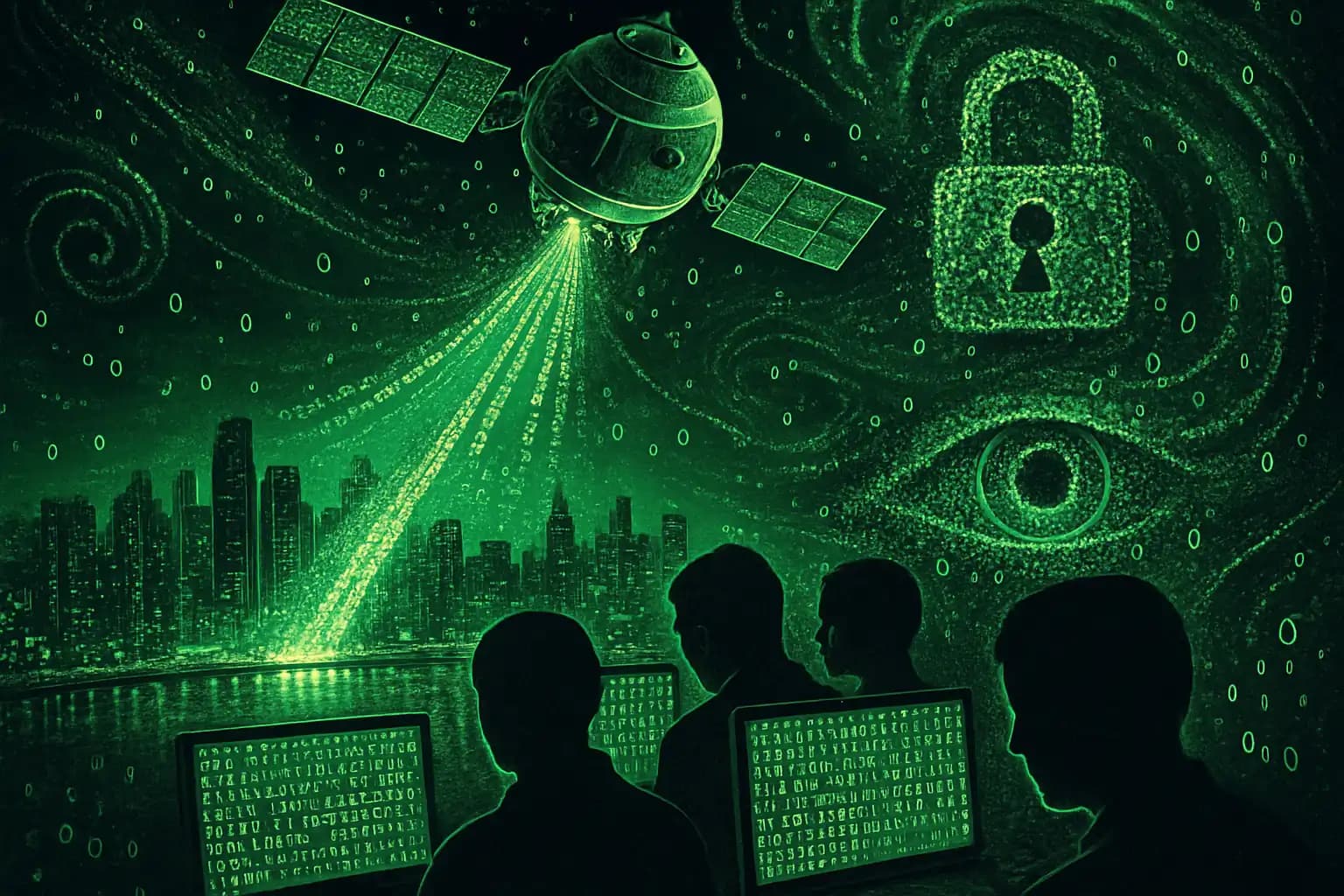Imagine waking up in a world where hacking is impossible—or where every secret is exposed, vulnerable to anyone with the right quantum keys. China claims it is founding this new digital order, using quantum satellites and physics to establish “unhackable” encryption. Is it hype? Or have we reached a turning point where cryptography—a centuries-old battle between code-makers and codebreakers—encounters its quantum endgame?
Chinese scientists, using quantum key distribution (QKD), have propelled their ambitions into cybersecurity. Recent launches of quantum communication satellites have sparked optimism and paranoia alike. According to Scientific American, even skeptics agree that quantum advancements—if achieved—could transform the landscape for hackers, intelligence agencies, and anyone concerned about identity theft (so, all of us). Yet, quantum cryptography relies on physics, uncertainty, and an ongoing arms race reminiscent of a cyberpunk dream.
Quantum Key Distribution: The Unbreakable Promise—or the Ultimate Weakness?
The remarkable strength of QKD arises from quantum mechanics. This technology allows two users to create a secret, random encryption key through quantum states—typically photons. Any attempt to eavesdrop irreversibly alters the quantum state, alerting the parties to hackers or spies. As Wikipedia’s summary of quantum key distribution explains, this breakthrough provides provable security, not just complicated math puzzles. It’s no surprise that international security experts oscillate between awe and skepticism. The significant caveat: classical channels still require authentication. If an adversary controls these channels or the endpoints, QKD’s effectiveness falters—highlighting its strength yet revealing it is not a cure-all.
This paradox mirrors other supposedly “final” technologies—AI, for instance—which promise salvation but may deliver the next risk tsunami. China’s approach emphasizes technological showmanship over technical perfection: hacking may become harder, espionage may intensify, but human vulnerabilities in cryptography remain. Well-funded actors can still find ways to extract secrets, regardless of channel security.
China’s Quantum Satellite: Win for Privacy or the End of Secrets?
China’s quantum communication satellite program has drawn global attention for good reason. As Nature reports, China has demonstrated space-to-ground quantum entanglement for secure transmissions—an accomplishment years ahead of its Western rivals. However, this comes with a catch: while quantum transmissions offer unique defenses, the entities controlling the satellites—the state, intelligence services, or adversaries—wield unprecedented power.
This tension echoes themes from ongoing digital surveillance battles, whether in shadowy military threat assessments or doomsday hypotheticals that disturb privacy advocates. Perfect privacy for individuals may yield unbreakable shields; yet, complete privacy for governments might mean they alone possess the keys, excluding everyone else from the equation.
Quantum Encryption and the Future of Hacking
Will quantum cryptography eliminate hacking? Unlikely, experts say, according to IBM’s quantum security deep-dive. As this arms race progresses, vulnerabilities will likely shift from algorithms to endpoints: compromised hardware, deceived users, or infiltrated satellites. Researchers have already demonstrated that quantum setups can be undermined by precisely designed attacks at the “last inch” of the chain. Meanwhile, as governments and corporations pursue quantum-resistance, new threats—and business models—are rapidly emerging. The quantum revolution is real, and so is its career field: quantum codebreakers and digital survivalists will be permanent features.
From quantum-powered encryption to game-changing chips, China’s technological push is reshaping global digital sovereignty. As America grapples with fears of decline, these advancements matter not just for history but for those who plan to control the future of the digital battlefield.
The Arms Race for Quantum Security—and the Human Wildcard
Quantum satellites might steal the spotlight, but the real wild card is always us: our politics, our alliances, and our trust in machines. As quantum technology expands, challenges multiply. Will tomorrow’s citizens believe their secrets—and societies—are safeguarded by physics rather than ineffective laws or firewalls? Or will new technologies concentrate power in fewer hands, as AI researchers warn, leading to more complex and possibly nefarious forms of surveillance?
Regardless, the significant crypto leap is now underway, and China’s impressive feats are merely the opening shots. For in-depth coverage of scientific developments, global risks, and crisis points others overlook, keep your bunker tuned to Unexplained.co—because in the realm of quantum arms, one certainty exists: nothing will be simple (or truly private) again.





